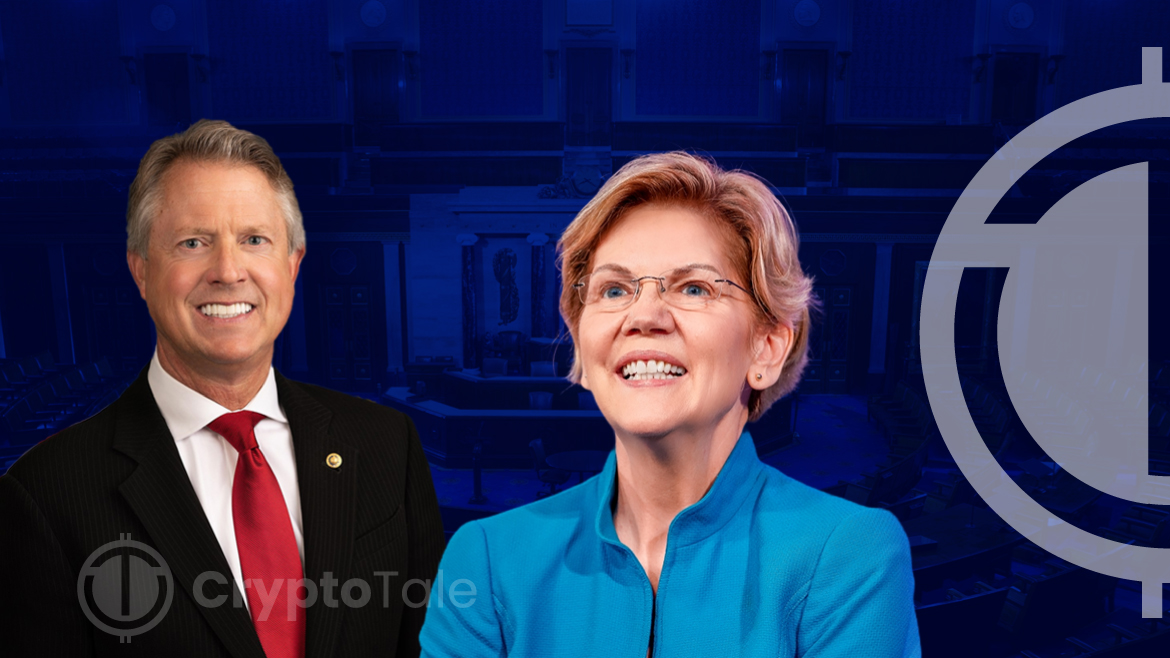- Senators Marshall and Warren collaborated with the American Bankers Association to draft the Digital Asset Anti-Money Laundering Act.
- The bill has gained support from various sectors, including the Bank Policy Institute, but faces criticism from the crypto community for potentially stifling innovation.
- High-profile figures like JPMorgan CEO Jamie Dimon and Coinbase CEO Brian Armstrong have voiced strong opinions.
Recent developments in U.S. legislative circles have brought to light the involvement of major banking institutions in shaping cryptocurrency regulation. Senators Roger Marshall and Elizabeth Warren have been at the forefront of this initiative, drafting the Digital Asset Anti-Money Laundering Act with significant input from the American Bankers Association (ABA).
The bill, introduced in December 2022, aims to impose stringent banking regulations on various aspects of crypto technology, including noncustodial wallets, validators, and mining pools. It represents a concerted effort to integrate digital assets into the existing financial regulatory framework, addressing concerns over money laundering and other illicit activities.
Senator Marshall, in a video released on December 20, openly acknowledged the role of the ABA in crafting the legislation. He mentioned, “We went to the American Bankers Association,” highlighting the substantial influence traditional banking entities wield in shaping digital asset regulation.
The involvement of JPMorgan CEO Jamie Dimon, a known critic of cryptocurrencies, further clarifies the banking sector’s stance on digital currencies. In a meeting with Senator Warren, Dimon reportedly concurred with the view that cryptocurrencies primarily serve criminal purposes.
As of now, the bill has garnered support from various quarters, including the Bank Policy Institute (BPI), and five new senators have been added as co-sponsors. However, it has also faced criticism from the crypto community. Coinbase CEO Brian Armstrong expressed his disappointment with the senators’ approach, cautioning that an anti-crypto stance might be politically disadvantageous in the run-up to the 2024 elections. Armstrong cited the growing number of Americans involved in crypto and the belief among young people in its potential to enhance economic opportunities.
Meanwhile, Mike Novogratz, founder of Galaxy Digital, has been vocal in his criticism of Senator Warren’s approach, labeling her a “disingenuous know-it-all” in her stance against the crypto industry. His comments reflect a broader sentiment within the crypto community, which views the bill as a potential hindrance to innovation and growth in the sector.












